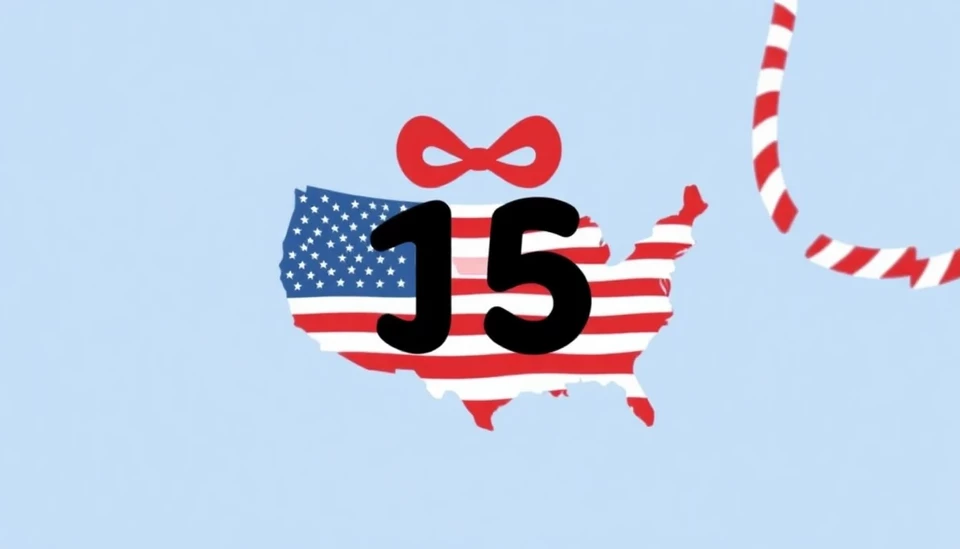
As the festive season approaches, retailers are bracing for a challenging Christmas shopping period, with a significant number of Americans indicating they plan to reduce their holiday spending this year. A recent survey reveals that nearly half of consumers are reconsidering their gift-giving budgets in light of economic pressures, inflation, and a shifting perspective on holiday expenditures.
This year has seen a troubling trend for retailers, as consumer sentiment shifts amidst rising prices and economic uncertainty. Household budgets are tightening, forcing shoppers to think twice before splurging on extravagant gifts. Many families are opting for practical purchases rather than luxurious gifts, leading to expectations of a decrease in overall sales compared to previous years.
The economic landscape is particularly complicated this year. Inflation, which has been a persistent issue, continues to weigh heavily on consumers' minds. Essential goods such as groceries and gas have seen price hikes, compelling families to pull back on discretionary spending, including holiday gifts. A significant 49% of respondents in the survey indicated that they would spend less this holiday season compared to last year.
Retail analysts are concerned that this trend could lead to disappointing sales numbers for a sector that typically relies on the holiday season for a substantial portion of its annual revenue. Many companies are already adjusting their forecasts in response to these consumer sentiment shifts. Additionally, concerns over higher interest rates and potential job losses add further stress to the holiday shopping outlook.
The implications for retailers are profound. Brands that once thrived during the holiday season may need to adjust their strategies to attract consumers who are looking for budget-friendly options. This could involve pivoting toward value-driven promotions and emphasizing discounts to lure cautious shoppers. Retailers may also focus on enhancing the shopping experience, both online and in-store, to capture the attention of consumers searching for the best deals.
Among the factors at play, the increasing popularity of experiences over material gifts is also shaping consumer behavior. More consumers are expressing a desire to create lasting memories through travel or activities, which could further diminish the focus on traditional gift-giving. As a result, retailers that cater to experiential gifting may see a better performance than those that rely solely on physical products.
In summary, this year's Christmas shopping outlook is fraught with challenges. Retailers must navigate a landscape increasingly marked by consumer prudence and shifting priorities in gift-giving. The focus on more meaningful and budget-conscious choices could reshape how the holiday shopping season unfolds, and therefore, businesses will need to be agile in their approaches to connect with spending-conscious consumers.
As the holiday season draws near, everyone is left wondering: will retailers be able to adapt and overcome the hurdles they face, or will this Christmas shopping season be one of the lowest on record?
#ChristmasShopping #RetailTrends #ConsumerSpending #HolidaySeason #InflationImpact #GiftGiving #RetailChallenges #EconomicOutlook
Author: Laura Mitchell


